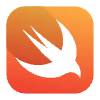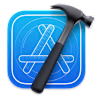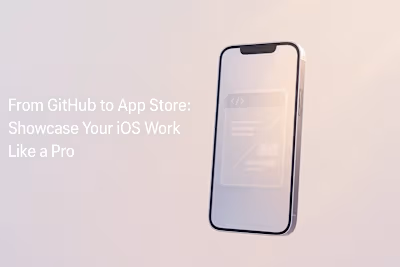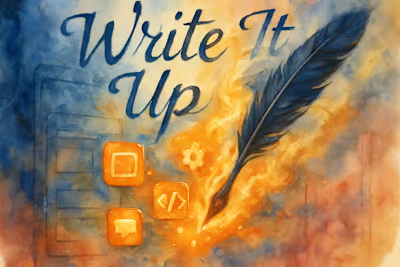AI-Powered iOS Apps: Why You Need Them & How to Hire the Right Developers
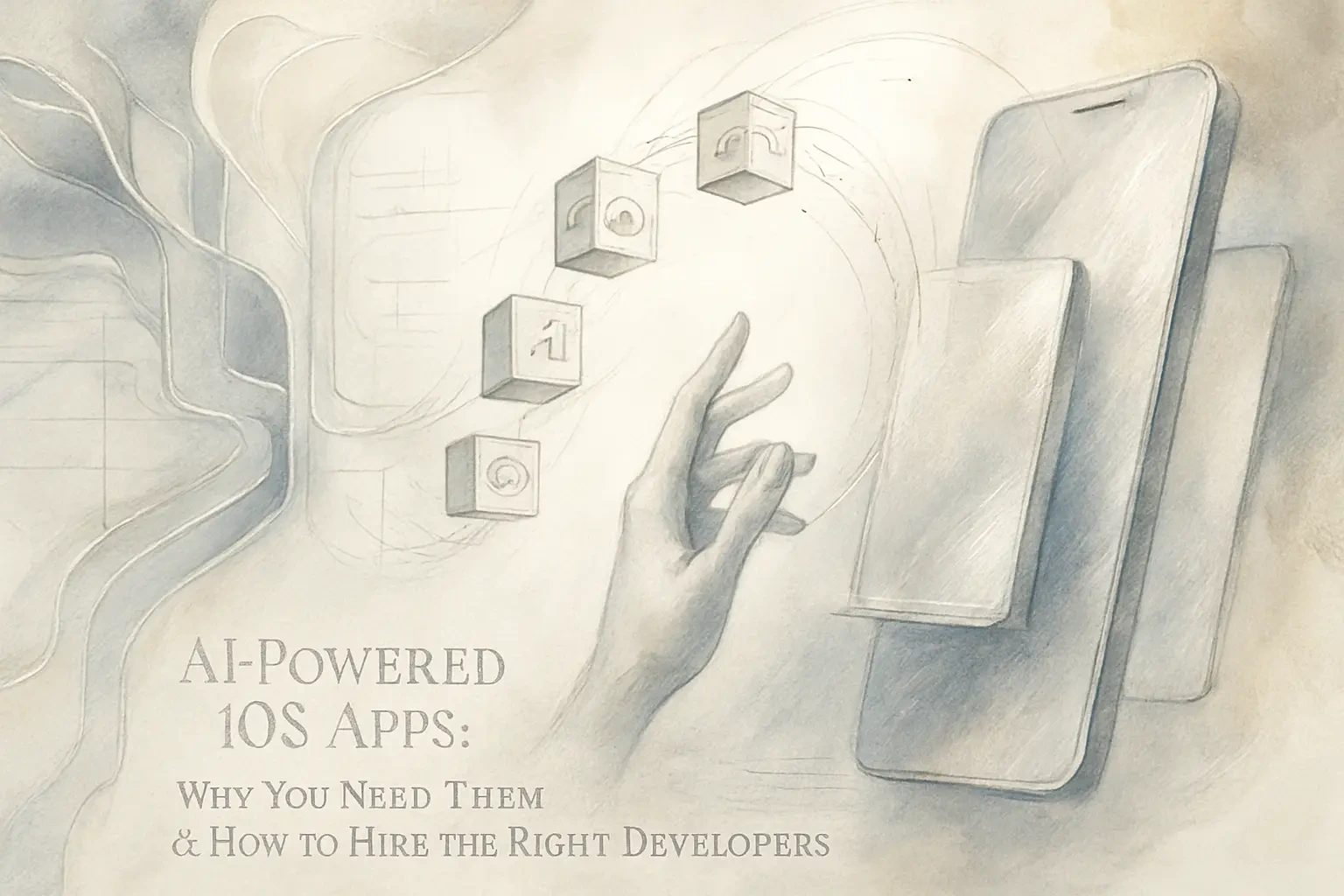
AI-Powered iOS Apps: Why You Need Them & How to Hire the Right Developers
The Undeniable Benefits of AI in iOS Applications
Enhanced User Experience and Personalization
Smarter App Features and Automation
Predictive Analytics for Better Decisions
Key AI Technologies for iOS Developers
Understanding Core ML
Leveraging Create ML for Custom Models
Integrating with SiriKit and Natural Language Frameworks
How to Identify and Hire Top AI-Focused iOS Developers
Screening Portfolios for AI Projects
Essential Technical Skills to Vet
Interview Questions to Ask
Conclusion
References
AI-Powered iOS Apps: Why You Need Them & How to Hire the Right Developers
The Undeniable Benefits of AI in iOS Applications
Enhanced User Experience and Personalization
Smarter App Features and Automation
Predictive Analytics for Better Decisions
Key AI Technologies for iOS Developers
Understanding Core ML
Leveraging Create ML for Custom Models
Integrating with SiriKit and Natural Language Frameworks
How to Identify and Hire Top AI-Focused iOS Developers
Screening Portfolios for AI Projects
Essential Technical Skills to Vet
Interview Questions to Ask
Conclusion
References
Posted Jul 6, 2025
Discover the competitive edge of AI in iOS apps. Learn how to hire developers skilled in Core ML, Create ML, and SiriKit to build the next generation of intelligent applications.

